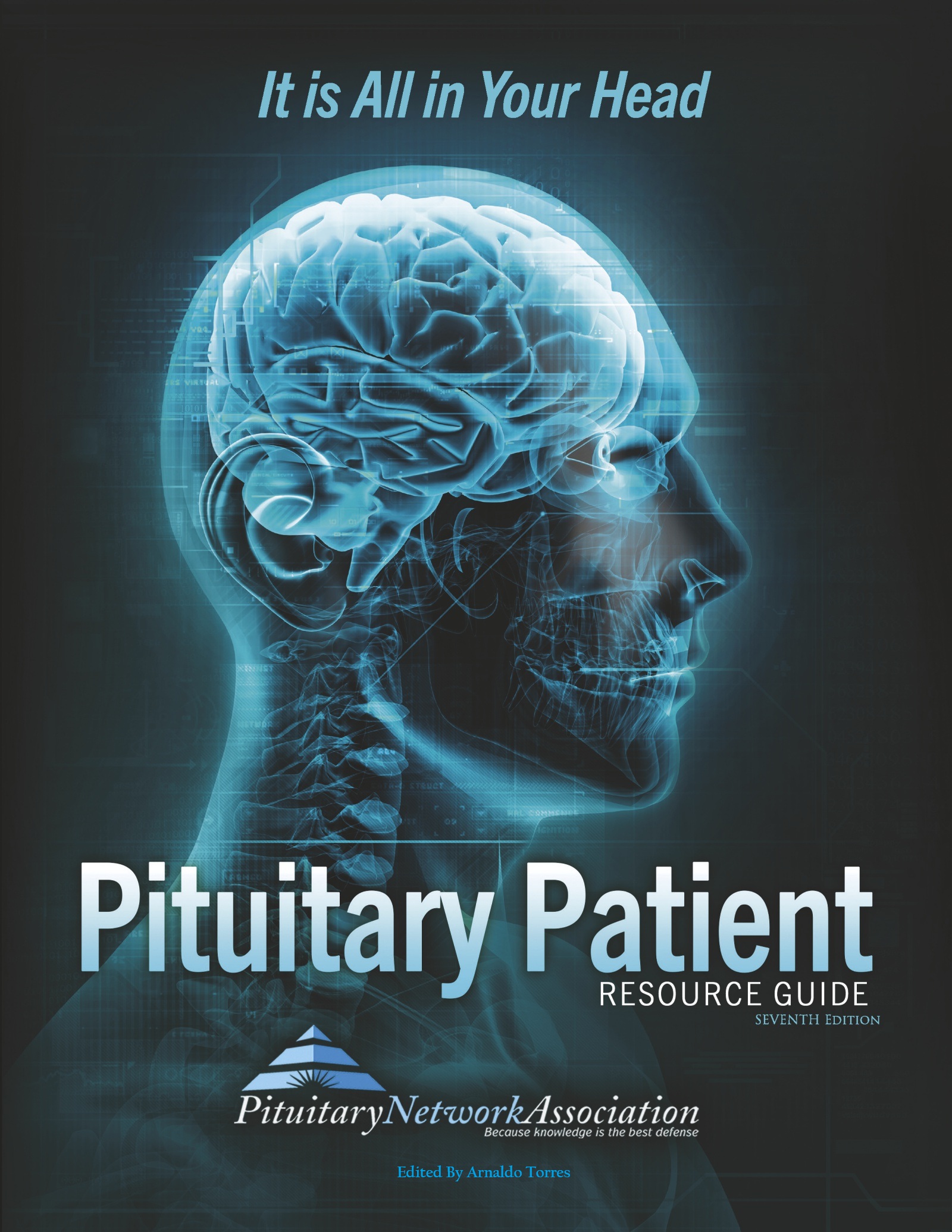Clinical Trials
Page 1 of 2
A clinical trial is an organized study conducted in order to answer specific questions about a new treatment or a new way of using a known treatment. Each study tries to increase medical knowledge and to find new and better ways to help patients. Besides studying new drugs, clinical trials study new combinations of drugs already used, new ways of giving treatment, and how changes in lifestyle can help patients. Other clinical trials compare the best known standard therapy with a newer therapy to see if one produces more cures and causes fewer side effects than the other.
Article Index
Most clinical trials are carried out in steps called phases. Each phase is designed to find different information. Patients may be eligible for studies in different phases, depending on their general condition, the type and stage of their disorder, and what therapy, if any, they have already had. Patients are seen regularly to determine the effect of the treatment, and treatment is always stopped if side effects become too severe. With information about ongoing and upcoming clinical trials around the world and all the latest news on medical advances, this section promises to be yet another important source of information for pituitary patients.
For current clinical trials, go to www.clinicaltrials.gov
Database Gives Public Easy Access to Information About Research Studies
(BETHESDA, MD) – The National Institutes of Health today announced the launch of the first phase of a consumer-friendly database, ClinicalTrials.gov, with information on more than 4,000 federal and private medical studies involving patients and others at more than 47,000 locations nationwide. The new database may be reached at www.clinicaltrials.gov.
Clinical trials are medical research studies that seek to evaluate the safety and effectiveness of new drugs, medical procedures, or other means of treating, diagnosing, or preventing diseases. This type of research helps investigators learn how different people respond to medications or other therapeutic approaches, and such investigations may lead to new or improved treatments. Trials are conducted when there is no proven treatment for a specific disease, or to test which treatment works best for a particular disease or condition.
ClinicalTrials.gov provides patients, families and members of the public easy access to information about the location of clinical trials, their design and purpose, criteria for participation, and, in many cases, further information about the disease and treatment under study. There are also contact points for individuals responsible for recruiting participants for each study.
Acting NIH Director Ruth L. Kirschstein, M.D., said, “Through this new database, NIH offers up-to-date information on promising patient-oriented research on hundreds of diseases and conditions. Most of the 4,000 clinical trials now in the database are funded by NIH Institutes and Centers, and result from a long, fruitful partnership between NIH and the American people who support and participate in our work.”
“If we are to continue making the giant strides in diagnosis, treatment, and cure of illness that marked the last century, we must have active participation in clinical trials by well-informed volunteers,” said Donald A.B. Lindberg, M.D., Director of NIH’s National Library of Medicine, which developed and administers the new database. “ClinicalTrials.gov is a resource that will benefit trial participants, researchers, health care professionals and, over time, the general public.”
Dr. Lindberg noted that ClinicalTrials.gov may also be reached through the National Library of Medicine’s Web site at https://www.nlm.nih.gov and through its consumer health information service, MEDLINEplus at https://medlineplus.gov. MEDLINEplus has extensive links to information about 350 diseases and health conditions, much of it from the NIH Institutes and Centers.
ClinicalTrials.gov grew out of 1997 legislation that required the Department of Health and Human Services, through the NIH, to broaden the public’s access to information about clinical trials on a wide range of diseases by establishing a registry for both federally and privately funded trials “on drugs for serious or life-threatening diseases and conditions.” (Section 113, “Information Program on Clinical Trials for Serious or Life-Threatening Diseases,” Food and Drug Administration Modernization Act of 1997, Public Law 105-115.)
“The project is proceeding in several major phases,” noted Alexa T. McCray, Ph.D., who directs the ClinicalTrials.gov project at the National Library of Medicine. “In the first phase we were interested in collecting information primarily about studies that are being funded by NIH, or that are being conducted right here on the NIH campus. With the release of ClinicalTrials.gov, the first phase is well under way. In the next phase we will include non-NIH sponsored trials from other Federal agencies and private industry.”
ClinicalTrials.gov is a completely confidential Web site. No registration or personal identification of any kind is required. People who search the site will not be contacted by the sponsors of clinical trials or by anyone else.
Note: Background information about clinical trials and specific information about the new database is available. The information, in the form of a “Q&A” document, may be requested by email from [email protected] or by phone from 301-496-6308. It is also linked to this press release on the Web at https://www.nlm.nih.gov/nn.html.
NLM also has a listing of current and past clinical trial participants who are available to discuss their experience in locating and participating in a medical study, and statements of support from consumer health organizations such as the American Cancer Society and the American Liver Foundation. These are available by calling 301-496-6308.






